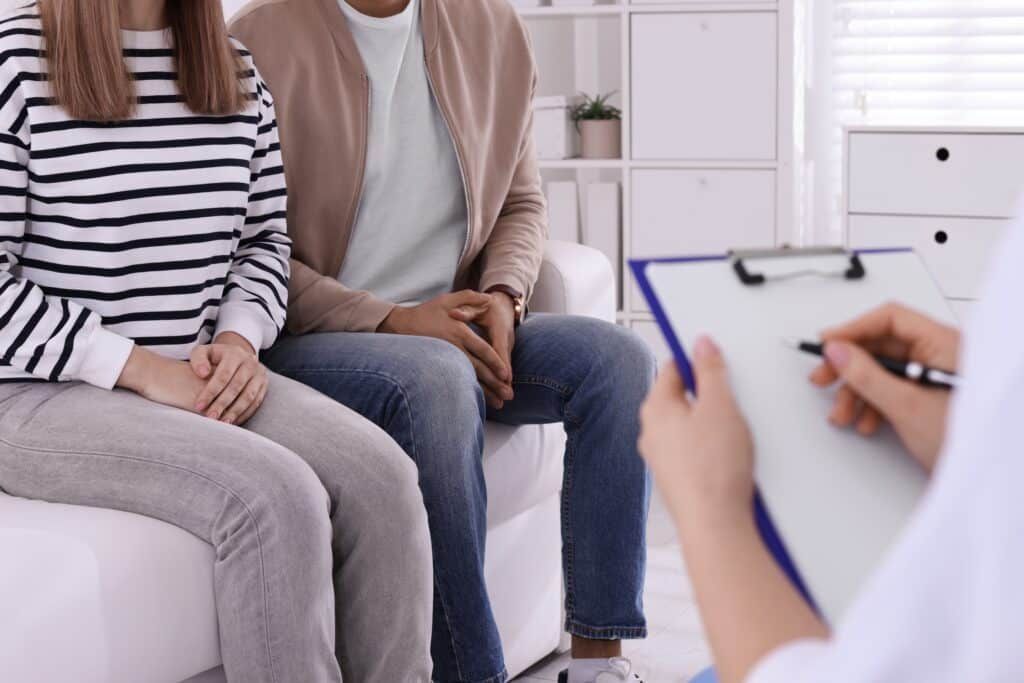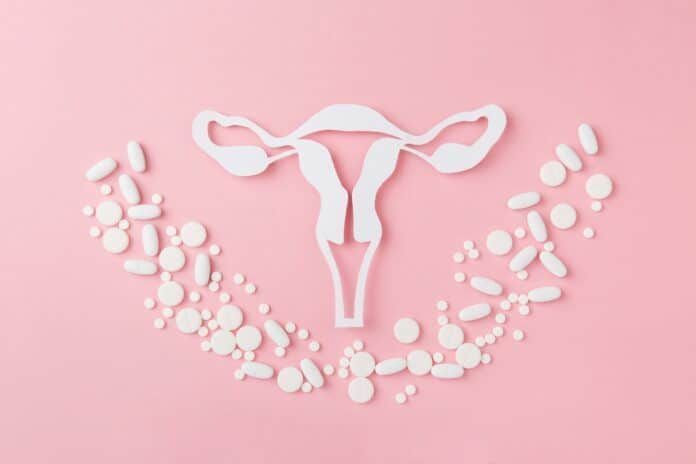Chlamydia: how to treat it infection ?
L'chlamydia infection Chlamydia is a sexually transmitted infection caused by the bacterium Chlamydia trachomatis. It is a so-called silent disease, because its symptoms often go unnoticed. However, it is essential to get tested quickly, because the bacterial infection can have serious consequences on sterility, especially in women.
Here's how to detect chlamydia and treat it effectively.
Chlamydia: what is it ?
Chlamydia is one of the sexually transmitted infections (STIs) are the most common among young people under 25 years of age, and more particularly among women. If young women are more affected than men, the reasons are not clear. Epidemiologists believe that the cause is physiological, because these differences in contamination have not been correlated no connection with sexual practices.
On the other hand, like all STIs, chlamydia infection can be prevented by transmitted during unprotected sex, but also during preliminary, or through contact with vaginal secretions or semen. It is a highly transmissible infection, because it is enough for secretions to come into contact with the eyes, or for the genitals to touch, without penetration, to catch the bacteria. In addition, the risk of infection increases if one of the partners has already been infected and/or has had multiple sexual partners.
Therefore, if either partner thinks they may be infected with the bacteria, or if you have the slightest doubt, it is important to get tested quickly. If the test is positive, you should prevent all sexual partners in the past 12 months.

What are the symptoms of chlamydia ?
The particularity of the chlamydia infection, as much in the man as in the woman, is that it is asymptomatic. However, although very discreet, some of the symptoms of chlamydia can be quite serious symptoms can alert you, like :
- Vaginal discharge caused by inflammation of the cervix.
- Painful sexual relations.
- Burning when you urinate.
- Blood loss outside of menstruation or after sexual intercourse.
- Pain in the lower abdomen.
- Pain or discharge from the anus.
- Pain in the testicles.
Although rare, a acute chlamydia infection causes fever, pelvic pain and bleeding between periods (metrorrhagia).
It is very easy to detect a chlamydia STI. A simple urine test and a swab from the uterus, penis, anus or rectum are all that is needed to detect the infection. So don't hesitate to consult your doctor or gynecologist if you have any symptoms.

How to treat this infection ?
If the lab results are positive, your doctor will prescribe an antibiotic treatment such as Doxycycline 100 mg which is an antibacterial antibiotic that treats susceptible infections.
Treating chlamydia is extremely important, as it is a condition that leads to a number of serious illnesses serious complications :
Complications for women
Infected women can develop a cervical infection, PID or chronic inflammation of the pelvic area with the risk of infertility or ectopic pregnancy.
If you have an untreated chlamydia pregnancy, you should know that the The newborn can be contaminated by the mother at the time of delivery. The infection can, in addition, cause conjunctivitis and/or pneumonia in the infant.
Complications in men
For men, untreated infection can lead to inflammation of the testicles, prostate, epididymis (organ located at the wall of the testicle). In severe cases, Fiessinger-Leroy-Reiter syndrome can occur. This causes conjunctivitis associated with urethritis, rheumatism and lesions of the mucous membranes and skin.
Precautions to take to properly treat chlamydia
It is important to repeat, but if you test positive, you must absolutely warn your sexual partners to break the transmission of the bacteria.
Take your doctor's prescribed treatment carefully and avoid all sexual intercourse without the use of a condom for the duration of the treatment.
Retest 4 weeks after you finish treatment. It is quite possible that a person who has been treated and cared for can be re-infected by the bacteria.
Finally, don't forget that the only way to protect yourself from STIs or sexually transmitted diseases is to use a condom !
